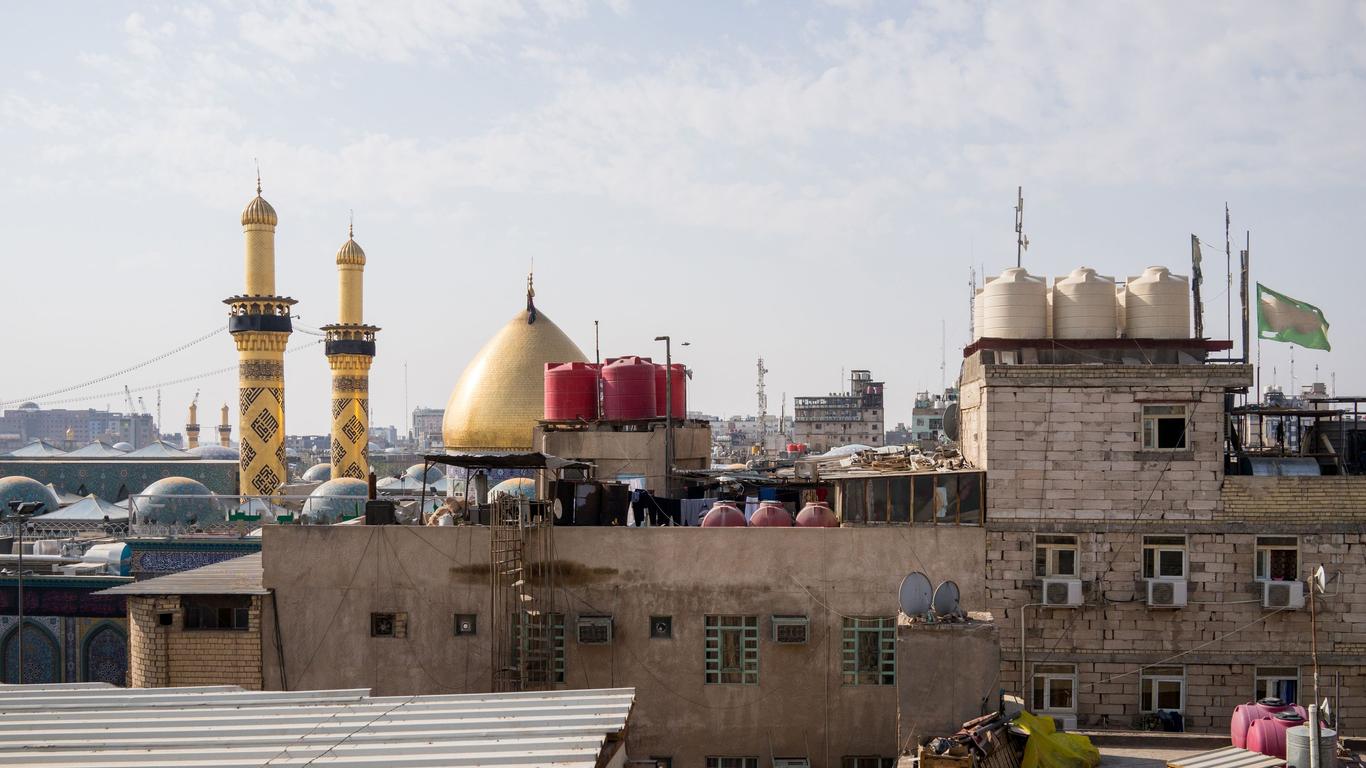Often referred to as the “Cradle of Civilisation”, Iraq is the birthplace of the Babylonians and the Assyrians. It was part of the Ottoman Empire from the 16th century and came under British control in 1918 before receiving independence in 1932. In 2005, the northern part of the country gained autonomy as Iraqi Kurdistan and is where the majority of the nation’s Kurdish people live.
Things to do in Iraq
Ancient ruins, winding waterways and lively cities - Iraq offers plenty for adventurous travellers.
Visit the Iraq Museum. Located in the heart of Baghdad, the Iraq Museum boasts an outstanding collection of artefacts from Mesopotamia. Get up close to pre-Islamic artwork and objects from the Sumerian, Assyrian and Babylonian civilisations, then marvel at the centuries-old jewellery and figurines of the Nimrud gold collection.
Explore the ancient citadel of Erbil. Inscribed on UNESCO’s World Heritage list, this 7,000-year-old citadel is believed to be one of the longest continually inhabited sites in the world. It centres around an immense castle and is home to the Erbil Civilization Museum, as well as the Kurdish Textile Center where carpets manufactured in Iraqi Kurdistan are showcased.
Photograph the Ziggurat of Ur. Originally built during the Early Bronze Age, this ancient temple was reconstructed by King Nabonidus in the 6th century and is considered one of the best-preserved ziggurats in Iraq. Marvel at its high walls and steep staircases that were once traversed by devotees to worship the Akkadian moon gods.
Make a pilgrimage to the Imam Husayn Shrine. Established near where the grandson of Muhammad was martyred during the Battle of Karbala, this exquisite shrine is considered one of Islam’s holiest sites. Each year, the anniversary of Imam Husayn’s death is marked by a pilgrimage to Karbala, ending at the glass-decorated walls of the shrine.
Getting around Iraq
Baghdad International Airport is the main aviation gateway to Iraq while Erbil International Airport serves the Kurdistan Region. Long-distance buses connect to neighbouring countries and travel throughout Iraq, although share-taxis are the main means of getting between towns and around urban areas.





